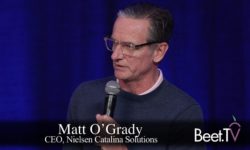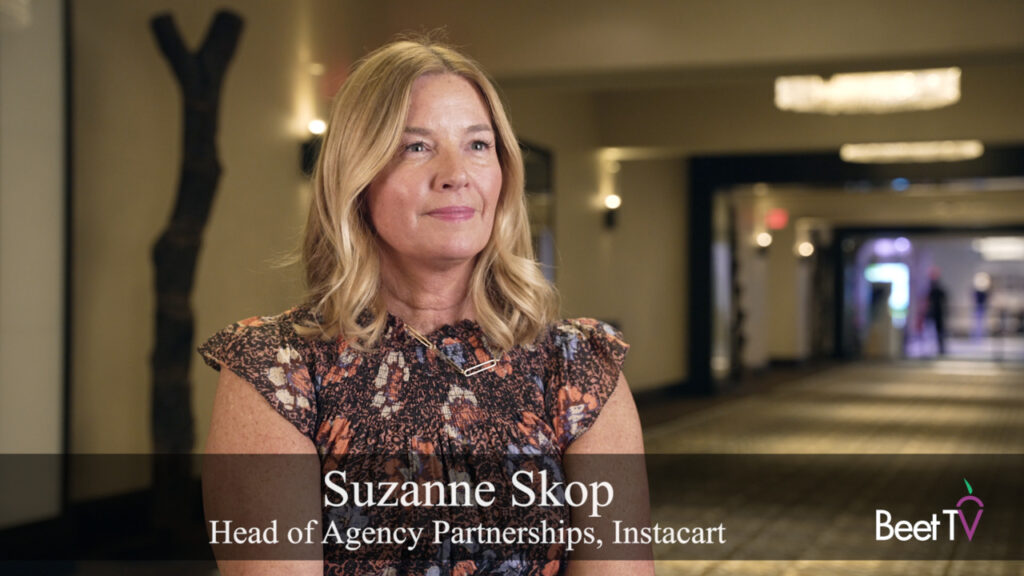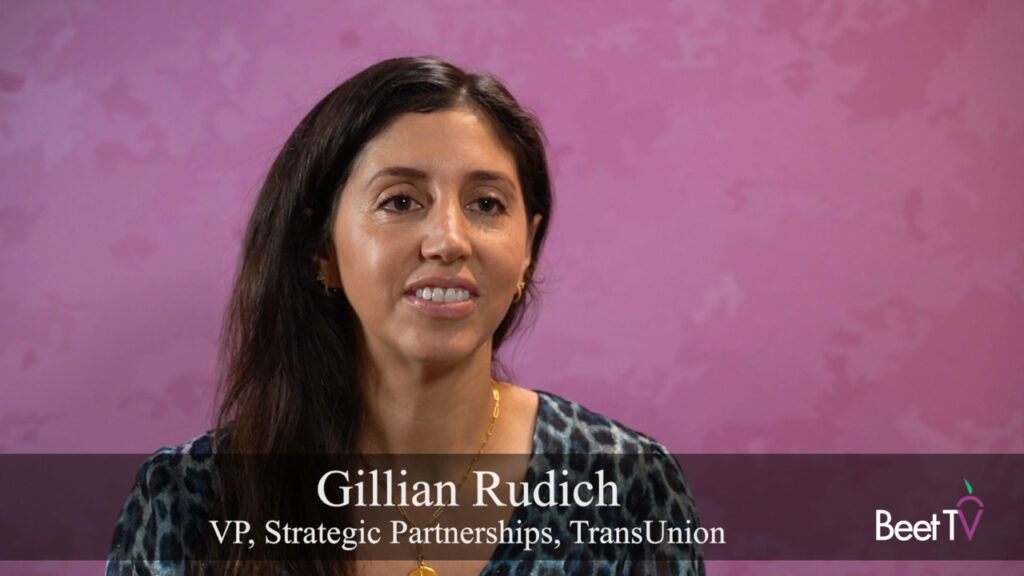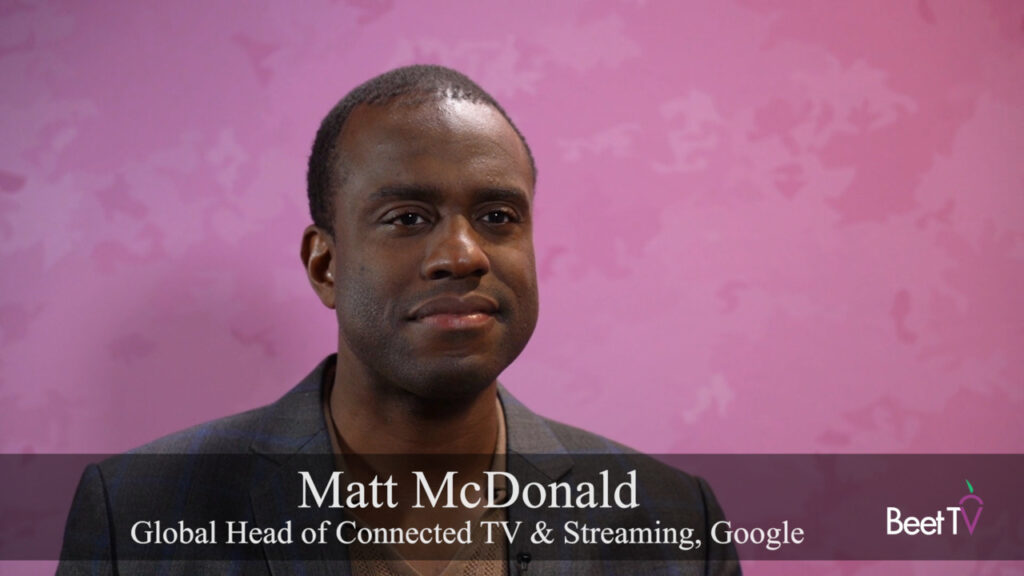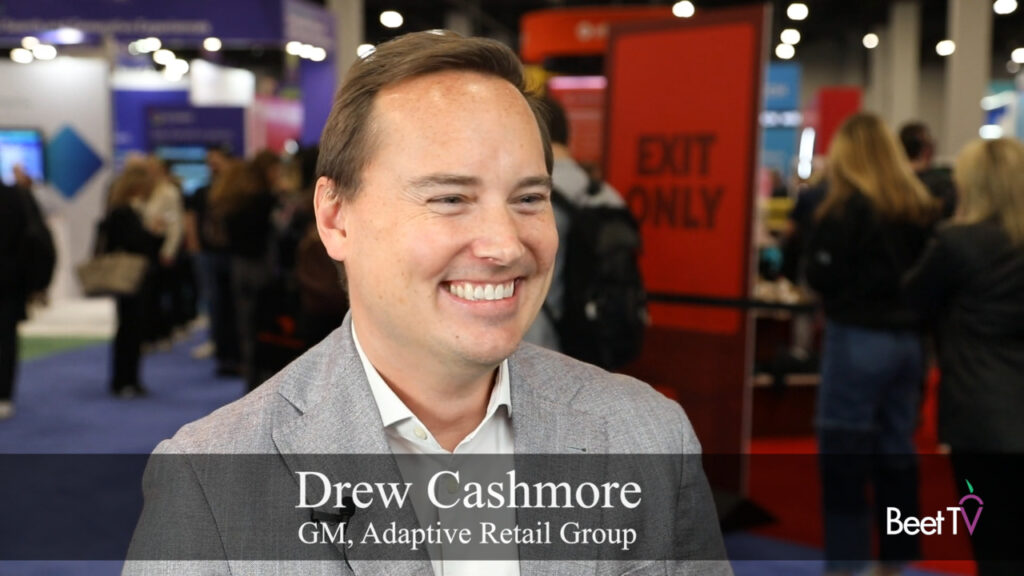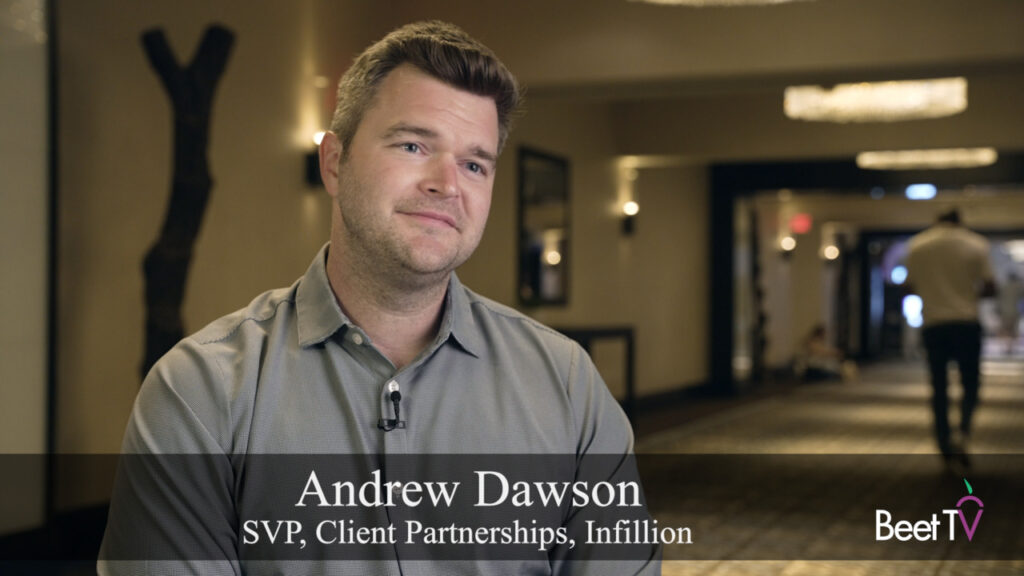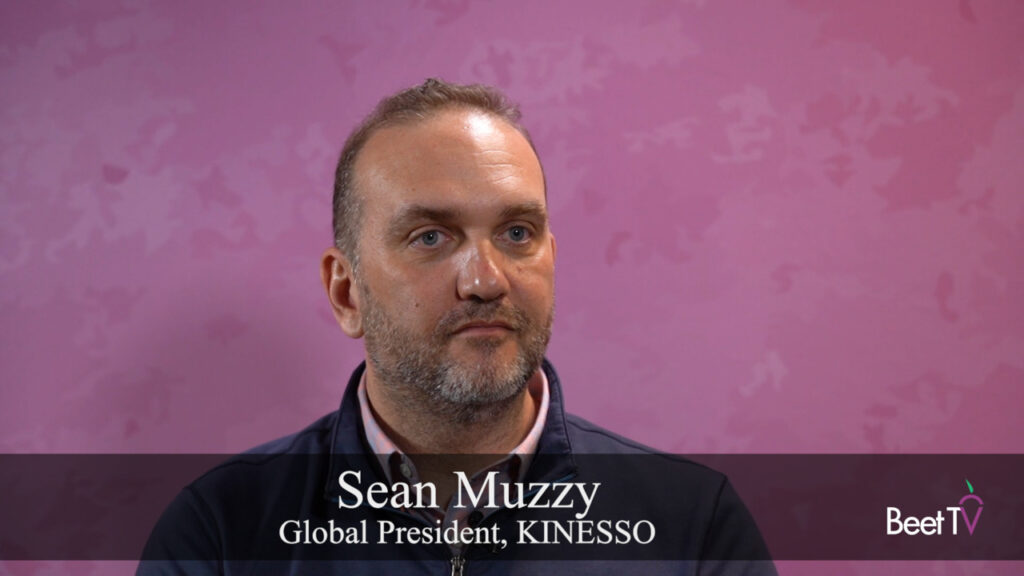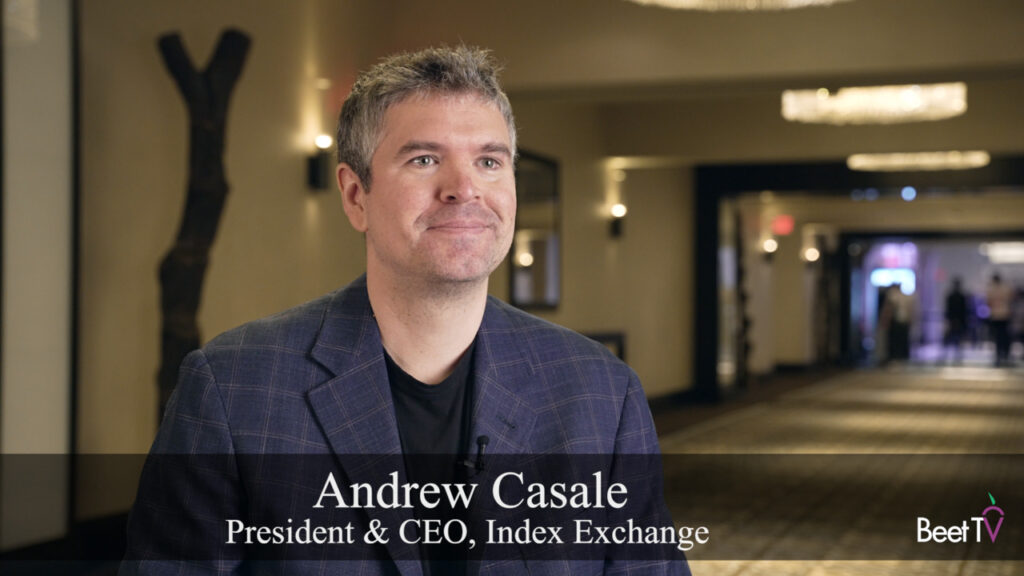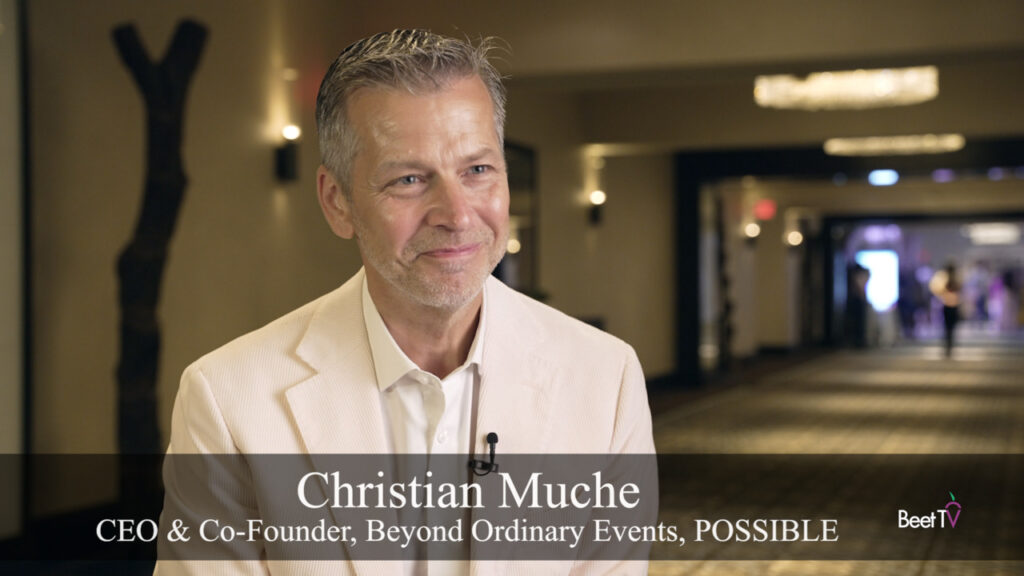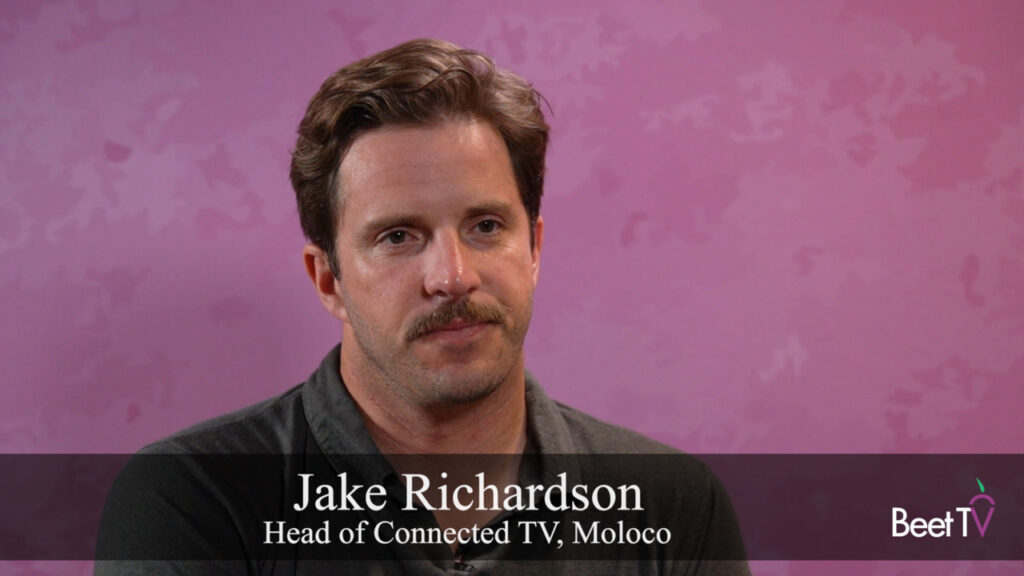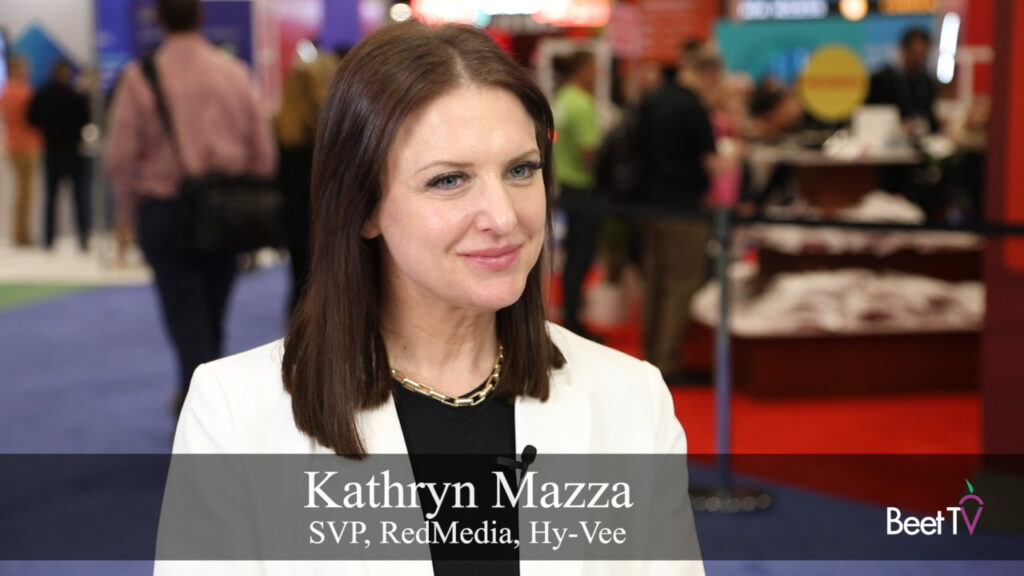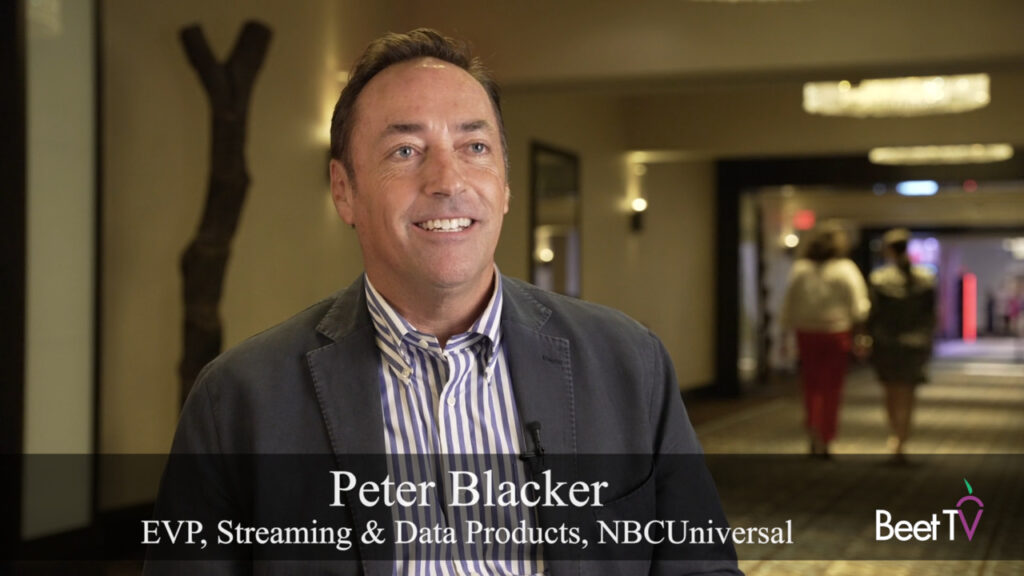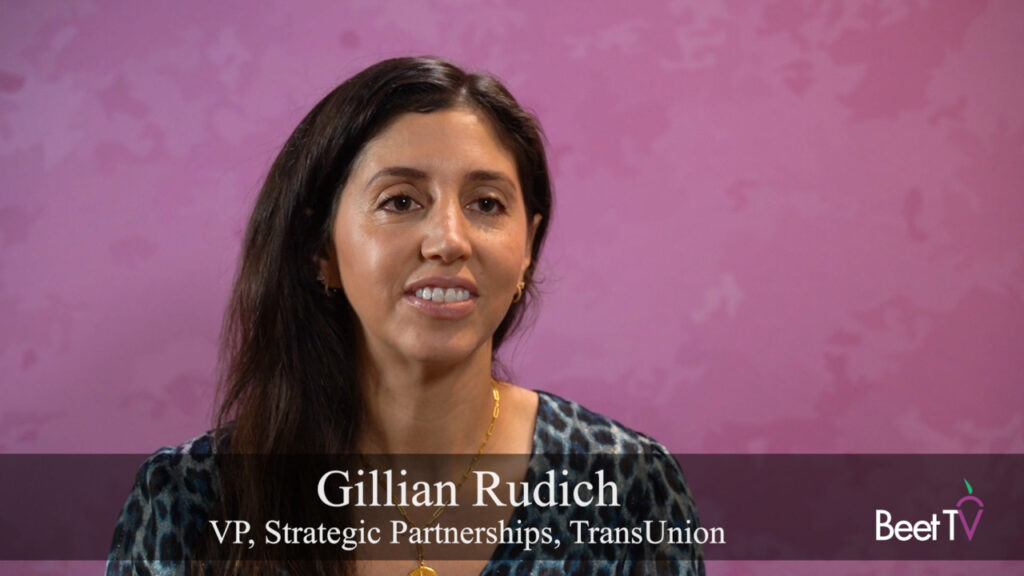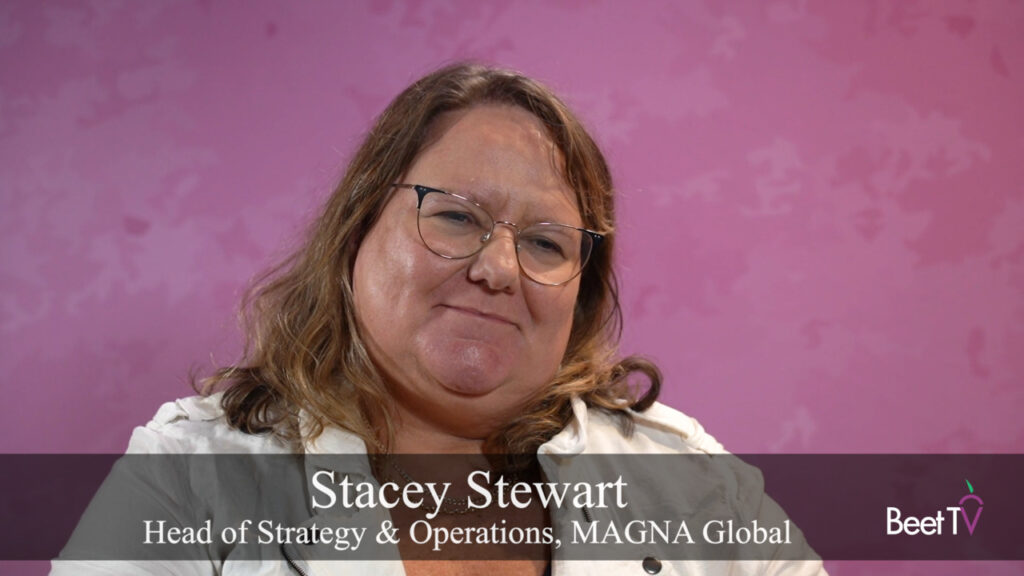SAN JUAN, Puerto Rico—Anyone can sympathize with traditional television networks given the transformational challenges they face. But to empathize, one has to have been there, as has Adam Gerber. In this interview, the ABC and agency veteran details the responsibilities for change of each constituency—from media to measurement companies, marketers and agencies—as he assays the rate of change thus far.
“I think we’re moving at a decent pace but I do wish we were moving faster,” Gerber, who is President of Global Media Investment for GroupM’s Essence agency, says during a break at the recent Beet Retreat 2018.
He expresses the wish that some of the barriers “that are really more commercially related, less technical related, would get pushed out of the way and that we’d have companies working more closely together on things that are important to ultimately the folks who matter, who are the viewers and advertisers.”
Until then, here’s how Gerber sizes up the field.
Media companies: They need to figure out “how they’re going to work together in the future as a platform as opposed to independent media sellers. That is a really big step change from where their current organizations are, where their motivations lie, et. cetera. And that’s going to be a tough one to untangle.”
Measurement companies: These are challenged with a different task, “which is completely rethinking and reinventing the way that they provide marketplace intelligence and marketplace currency to the actors.” In moving from a panel-based world to one where everything is addressable and highly fragmented, “requiring census-level data is a huge change for the measurement companies.”
Agencies need to reorganize and “rethink how they are structured and go to market. It shouldn’t be about price, it should be about business outcomes.”
Clients need to rethink how they engage with their agencies. “I think there’s too much pressure on price being the driver and I think they need to rethink the types of skillsets and capabilities that they really prioritize with their agency partners.”
Now for sympathy versus empathy. Asked how he would have responded while on the network TV side to suggestions that competing companies pool their inventory and become more of a easy to use advertising platform, Gerber offers the benefit of the doubt. “There’s a hypothesis that moving from the unit-based model and the directly sold model that we live in today to a algorithmically driven, automated platform-based model will create more value for everyone,” he observes. “I think that’s the way we look at it at Essence and that would be the argument that we would make. The problem is, the data doesn’t exist. No one really knows whether that’s what will happen.”
So it’s reasonable that media sellers who in some quarters are expected to quickly upend their long-held business practices to try to move TV in general ahead are skeptical of the outcome. That’s because there’s no way of knowing whether doing so “will actually create more demand at a higher price, or at least at a revenue-neutral level. It’s a huge risk for companies that have large existing legacy revenue streams in place. Much easier for companies that are starting from scratch.”
This video was produced in San Juan, Puerto Rico at the Beet.TV executive retreat. Please find more videos from the series on this page. The Beet Retreat was presented by NCC along with Amobee, Dish Media, Oath and Google.















